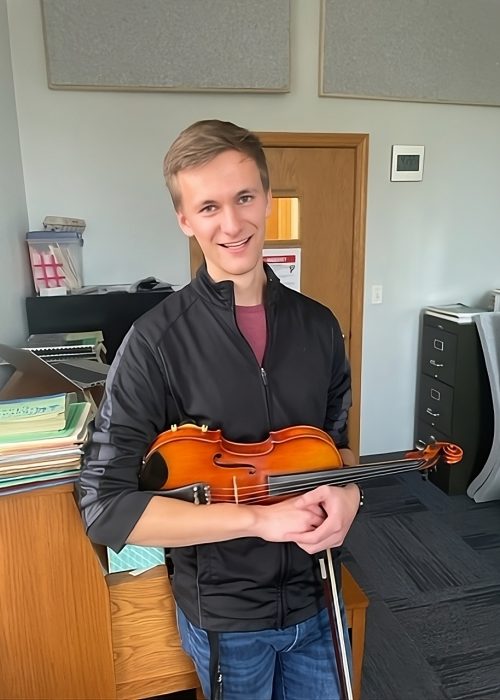
Northeast IOWA School of Music
We are dreamers of dreams
Northeast Iowa School of Music is a non-profit community music school located in Dubuque, Iowa whose mission, vision, and core values reflect our desire to best serve our musical families.
Northeast Iowa School of Music makes the life-changing benefits of music education and enrichment accessible to all through instruction, performance, and outreach.
LESSONS AND ENSEMBLES
Preschools to Seniors
From brass to percussion, guitar to piano, woodwinds to strings, and voice lessons to boot, we have many excellent teachers on our faculty experienced in working with students of all ages.
Whether you’re an accomplished player or just getting started, we can help make your dreams come true.
There’s nothing more fulfilling than making music with others. We’re sure one (or more) of our ensembles will be right for you!

Making Music is Our Mission
Music Lessons
We envision a community where everyone can experience personal and creative growth through music, reaching their full potential as individuals and musicians.
WHat our Students Have to say about NISOM
Testimonials
I appreciate that the teachers can look past the notes and help me to paint the picture, not just in my mind, but to the audience as well.
Henry R.
Iowa All-State Horn, NISOM student
My teachers help me learn piano. They are nice and make it fun.
Waylan L.
Age 8; piano student of Jill Scheirer
I started with the violin, but now I play cello. Oh–piano, too (although I’m not as good on piano as I am on strings…yet). I decided to take on another instrument because I really love my teacher at NISOM and music is in my blood.
Thomas T.
High School Sophomore; Cello and Piano Student
contact
get in touch
Reach out to schedule your lessons today! You can begin anytime. Call our office, send an email, or just stop by. See you soon!
